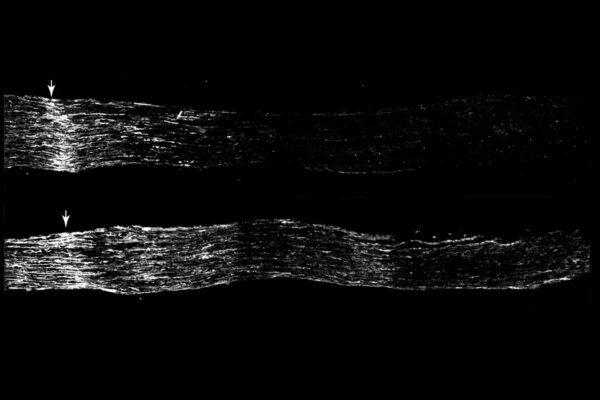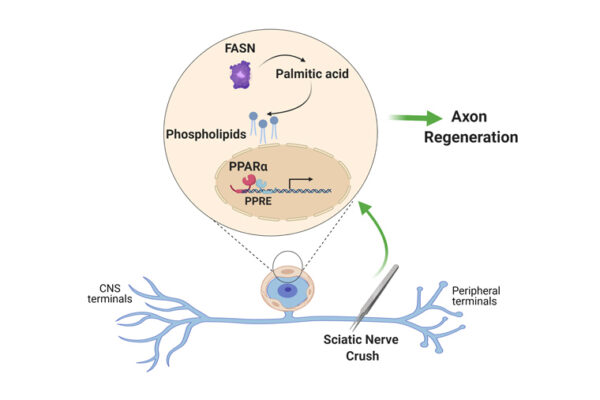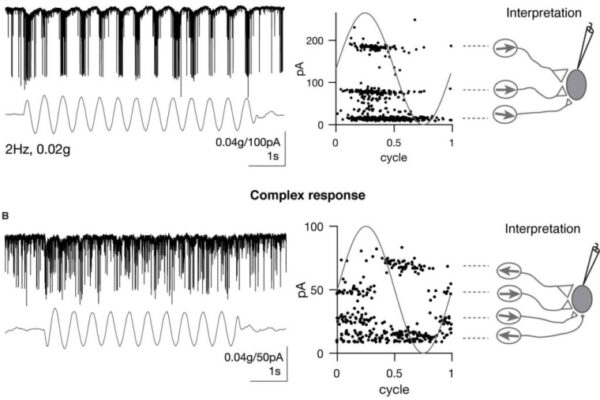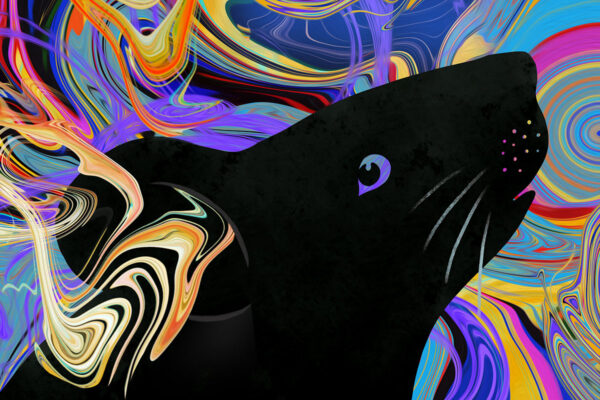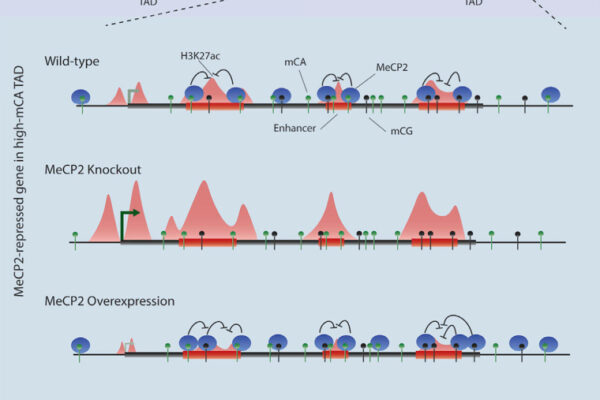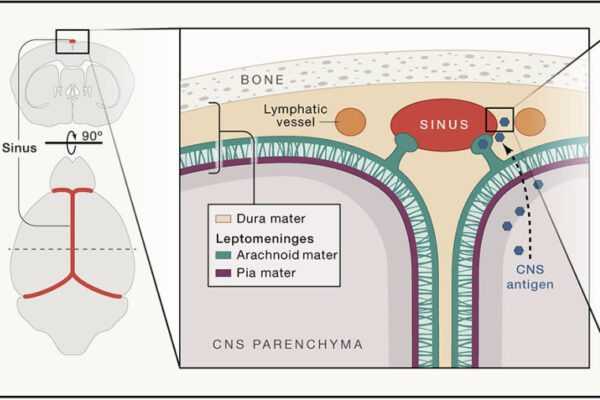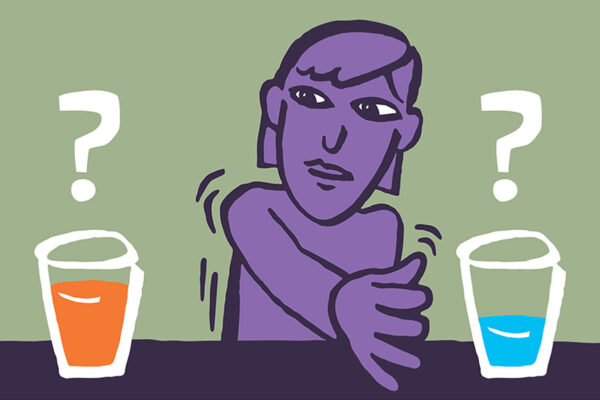Learn about the latest news and events going on in the department. You can also follow us on X @WashUMedNeuro and LinkedIn.
Drug helps sensory neurons regrow in the mouse central nervous system (Links to an external site)
Research from Valeria Cavalli’s lab shows that targeting support cells with a cholesterol drug could improve recovery after spinal cord injury.
Satellite glial cells promote regenerative growth in sensory neurons
In a new paper, Valeria Cavalli’s lab describes the key role of a relatively poorly studied type of glial cells, satellite glial cells (SGC), in nerve repair.
Central vestibular tuning arises from patterned convergence of otolith afferents
The Bagnall lab finds the complexity of tuning in a vestibular neuron arises from the diversity of inputs it receives, and that this complexity can be predicted from these inputs.
Striatal dopamine mediates hallucination-like perception in mice (Links to an external site)
A study from Adam Kepecs’s lab in mice and people offers a new approach to investigating mental illnesses.
MeCP2 represses enhancers through chromosome topology-associated DNA methylation
In a new study, the Gabel lab explores the role of MeCP2 in regulating enhancers.
Functional characterization of the dural sinuses as a neuroimmune interface
The Kipnis group describes a mechanism by which patrolling immune cells from the peripheral immune system survey cues about the immune status of the brain that accumulate in the cerebrospinal fluid surrounding the brain.
Values encoded in orbitofrontal cortex are causally related to economic choices
The Padoa-Schioppa lab demonstrates that choices are based on the computation of values of each option.
